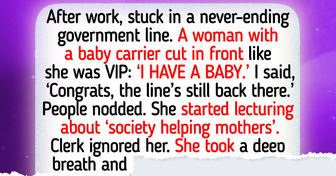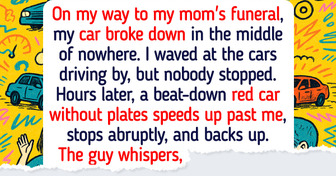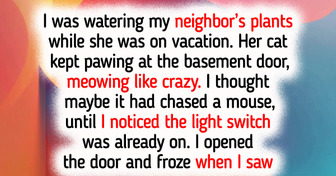10 Famous Couples Who Fell in Love on a Blind Date and Are Still Together
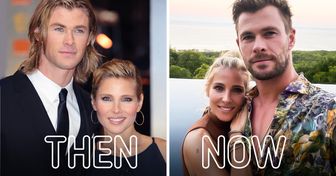
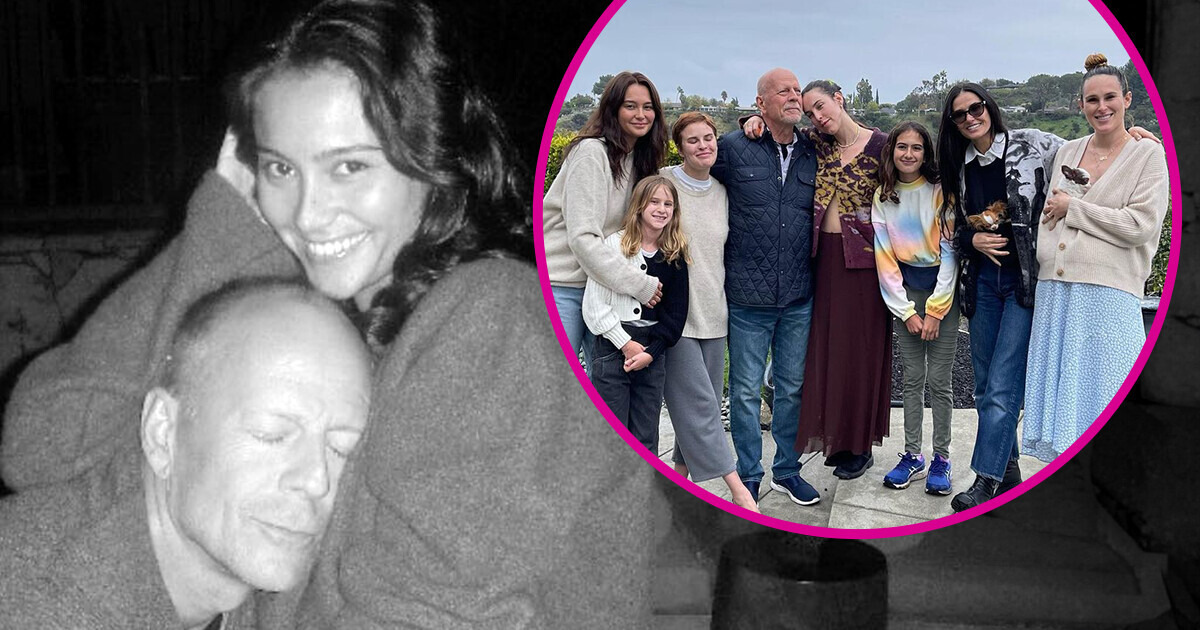
Bruce Willis’ daughters, Scout and Tallulah, showed their support for their father’s wife, Emma Heming Willis after she gave a heartfelt interview about the actor’s health. Bruce, a Hollywood icon at 68, is battling Frontotemporal dementia (FTD), an uncommon form of dementia that affects behavior, personality, and language.
In an interview, Emma bravely discussed the challenges of coping with the ’grief and sadness’ coming from her husband’s declining health.
Scout, one of Bruce’s daughters with Demi Moore, took to Instagram to share a behind-the-scenes clip of Emma’s interview and wrote, “I truly could not be more proud of @emmahemingwillis for being willing to step out into the public eye (even though it’s terrifying!!!) to share our family’s story in service of spreading awareness about FTD.”
“Emma, you are such a champion for this cause, and you inspire me EVERY SINGLE DAY with your bravery and deep loving. Your courage is moving mountains #ftd #ftdawareness,” she continued.
Tallulah, the youngest of Bruce and Demi’s children at 29, posted her older sister’s words on her Instagram stories with the caption, “So proud of my family @emmahemingwillis.”
Bruce and Emma married in 2009 and have two children together, Mabel Ray Willis and Evelyn Penn Willis. Bruce maintains a close friendship with his ex-wife, Demi, to whom he was married from 1987 to 2000. They share three daughters: Scout, Tallulah, and Rumer.
During the interview, Emma spoke about the importance of honesty in their household when explaining Bruce’s illness to their children. She emphasized that understanding the disease from a medical standpoint helps eliminate stigma and shame.
When asked if Bruce was aware of his condition, Emma paused and admitted, “Hard to know.” Despite the challenges, she explained that receiving a diagnosis has made life ’easier’ in terms of acceptance and understanding.
Emma also shared that Bruce continues to teach their daughters valuable life lessons, including love, patience, and resilience. She noted that his illness has made their children better people and emphasized the beauty amidst the sadness.
Referring to herself as Bruce’s “care partner” rather than his “caretaker,” Emma stressed the importance of seeking help and support. She mentioned organizations like the AFTD and Hilarity For Charity as valuable resources and emphasized the need for care partners to take care of themselves to provide the best care for their loved ones.
Emma was joined by Susan Dickinson, the CEO of The Association for Frontotemporal Degeneration (AFTD), who explained the nature of FTD and its impact on frontal and temporal lobes.








